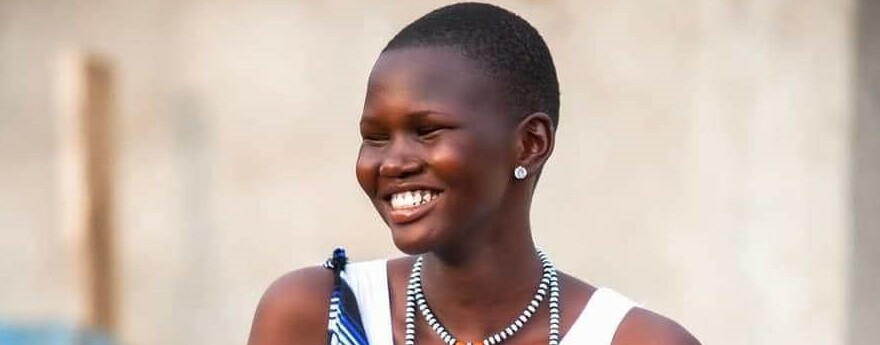Two men from Jonglei State’s Twic East and Bor counties have locked horns in an extraordinary competition for the hand of a young lady, igniting discussions across Greater Bor.
The bride-to-be, 18-year-old Athiak Dau Riak of the Nook clan from Twic East County, has become the center of significant marriage negotiations that have surpassed customary limits.
Deng Chol Deng, a cousin to Athiak, told Radio Tamazuj Monday that the family has not yet decided to make an official statement on the marriage process.
“We have distanced this marriage from social media and even the information that is going viral was not released by the family,” he said. “At the family level, we have not involved the media, so, I will not give you a formal response.”
However, information seen online indicates that the stakes are high with one of the suitors, Marial Garang Jill who hails from the Koc clan of Bor County, has made a grand pledge of 105 head of cattle and 65 SSP million (approximately USD 25,000). Not to be outdone, Chol Marol Deng of the Awulian clan of Twic East County, has offered an even larger bid of 110 head of cattle and SSP 110 million (around USD 44,000).
This ongoing negotiation has sparked interest and debate, as both the suitors and the bride are from the Greater Bor region. According to the Dinka Bor customary laws, the legal limit for bride price is 30 head of cattle. However, this amount can vary based on mutual understanding between the families involved.
The Twic East community reaffirmed in January 2024 that bride price should not exceed 30 head of cattle.
Kuol Bol Ayom, a respected cultural expert, emphasized that such marriage competitions are deeply rooted in Dinka Bor customs. Kuol said the customs not only signify the beauty, stature, and virtues of the bride but also the prestige and integrity of the families involved.
Bol who himself emerged victorious among nine suitors by offering 104 head of cattle in a similar contest in 2005, contends that these events foster unity and peaceful coexistence among communities.
“There are two main factors that are involved in the marriage competition. First is the love and then followed by wealth. If you love a girl and you have wealth, you are fit to compete.” He enlightened. “Culturally, the competition promotes unity and discourages the small issues of discrimination among the society, like people saying this one is Bor and that one is Twic. All those are not important in competition, which makes it an important part of societal progress.”
The tradition of competing to marry a lady often signifies her exceptional beauty, height, and character, as well as her family’s reputation for good manners and leadership qualities—traits highly sought after in future children.
The practice of paying bride price, typically in cows and goats, is a cornerstone of the Dinka or Jieng culture. It not only reflects the value of the bride but also cements familial and communal bonds, preserving the tribe’s way of life and heritage.
As the pledges and negotiations continue, this event stands as a testament to the enduring customs and the high regard for matrimonial alliances within the community. The outcome of this competition will undoubtedly be a topic of conversation for many years to come in the annals of Jonglei State’s cultural history.




